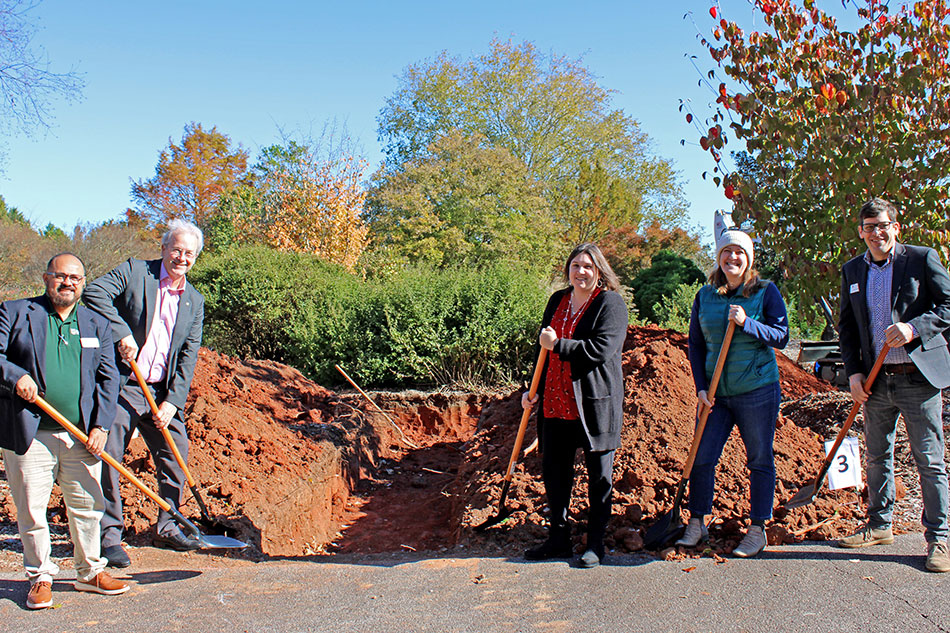Fecal contamination of water impacts many regions of the U.S. and may carry risks to human health. When a water body fails to meet water quality standards for fecal bacteria, the Federal Clean Water Act requires a Total Maximum Daily Load analysis to establish how many bacteria are in the water, the sources of bacteria and whether the contamination varies seasonally. If all the point sources of contamination are acknowledged and there is still a bacterial problem, it may be time to try additional source identification tools, such as Bacterial Source Tracking.

Published by University of Georgia Cooperative Extension. For more information or guidance, contact your local Extension office.
The University of Georgia College of Agricultural and Environmental Sciences (working cooperatively with Fort Valley State University, the U.S. Department of Agriculture, and the counties of Georgia) offers its educational programs, assistance, and materials to all people without regard to age, color, disability, genetic information, national origin, race, religion, sex, or veteran status, and is an Equal Opportunity Institution.
Status and Revision History
- Published on September 28, 2004
- Published on February 23, 2009
- Published on May 14, 2009
- Published with Full Review on February 15, 2012
- Published with Minor Revisions on August 3, 2017
- Published with Minor Revisions on April 30, 2024
What is a Bulletin?
Bulletins represent a major writing effort and cover a broad subject area. They address individual topics in a particular discipline for a specific commodity.
Written and Reviewed by Experts
This resource was written and reviewed by experts. Click below for more information on how we produce science you can trust.








